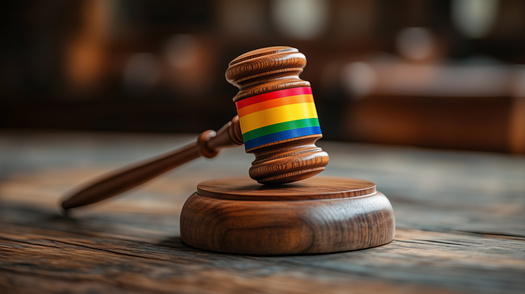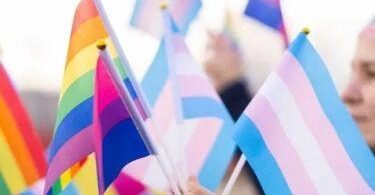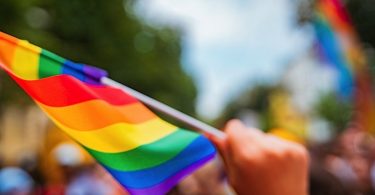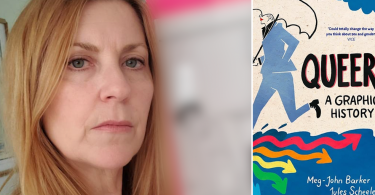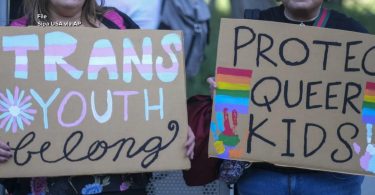In a few months, North Dakota lawmakers will reconvene. LGBTQ advocates are still unpacking the fallout from the 2023 legislative session, when many controversial laws were adopted. That session saw the passage of nearly a dozen laws deemed hostile towards LGBTQ people, namely students. One high-profile policy allows teachers to ignore the preferred pronoun of a student.
Faye Seidler, a suicide prevention advocate for queer and transgender populations in North Dakota, suggested that it can be tricky measuring the harm based on the intent behind some of these laws, but added it’s pretty clear they have amplified the perception that these youth feel unwelcome.
“That then translates into a suicide contagion where a lot of folks feel more dread, feel more scared, have heightened risk factors and are more susceptible to suicidal ideation,” Seidler said.
She pointed to national data from the Trevor Project that show elevated demand for mental health crisis lines amid a wave of these laws pursued by conservative legislatures. Seidler said the inconsistent application of restrictive policies in school settings remains an underlying issue. The North Dakota Department of Public Instruction declined to comment.
Seidler said uneven approaches among school districts make it harder for educators and students to handle gender identity matters, potentially creating the risk of parents being notified when the child might not want that to happen.
“So, what ends up happening is a lot of these kids who aren’t safe at home no longer are safe at school and mostly just have to sit with a lot of trauma,” Seidler continued.
Despite the ripple effects, Seidler said there is more community-level support, including in rural areas, for LGBTQ youth than some might think – it’s just a matter of creating awareness. She noted there was an increase in Pride events around North Dakota over the past year, even with the new laws. Survey data from the Trevor Project show that LGBTQ young people who reported living in accepting communities attempted suicide at lower rates than those living in unaccepting communities.
get more stories like this via email

